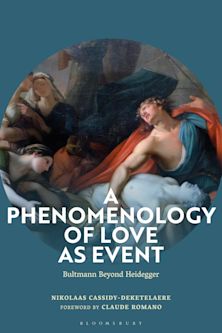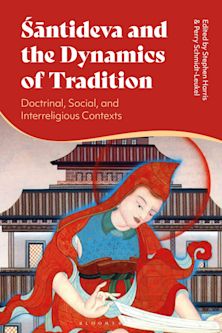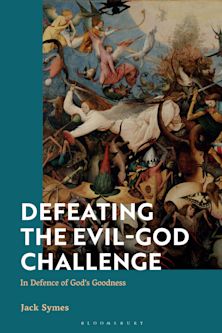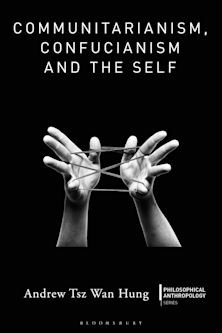Augustine’s Confessions and Shakespeare’s King Lear
Power, Parenthood, and Presence
Augustine’s Confessions and Shakespeare’s King Lear
Power, Parenthood, and Presence
Description
Paffenroth returns to two of the most quintessentially commanding yet vulnerable protagonists in the Western canon – Augustine, the real life, fifth century bishop of Hippo, known to us mostly through his own telling of his life in Confessions; and King Lear, the legendary king of Briton, known to us mostly from Shakespeare's version of his tragic end.
Having examined problems addressed in both works of love, language, nature, and reason, Paffenroth here picks up more purely relational matters: both protagonists wield (or have wielded) power over others, yet struggle to learn its right application; both raise children, but have deeply problematic relations with their children, their partners, and (in the case of Augustine at least) their parents; neither has an intuitive or unproblematic relationship with a fully present God or gods – Augustine struggles mightily to have such, while Lear cries out to heaven but it is unclear he ever gets a reply. As different as the books and men are, how they relate to women and God shows illuminating and complementary points of comparison.
Table of Contents
Introduction Origins and Ends
1. Augustine and Power
2. Lear and Power
3. Augustine and Women in Confessions
4. Women in King Lear
5. Conclusion: Powerfully Present
Epilogue
Bibliography
Index
Product details

| Published | Nov 13 2025 |
|---|---|
| Format | Ebook (PDF) |
| Edition | 1st |
| Extent | 136 |
| ISBN | 9781350500907 |
| Imprint | Bloomsbury Academic |
| Series | Reading Augustine |
| Publisher | Bloomsbury Publishing |
Reviews

ONLINE RESOURCES
Bloomsbury Collections
This book is available on Bloomsbury Collections where your library has access.


































